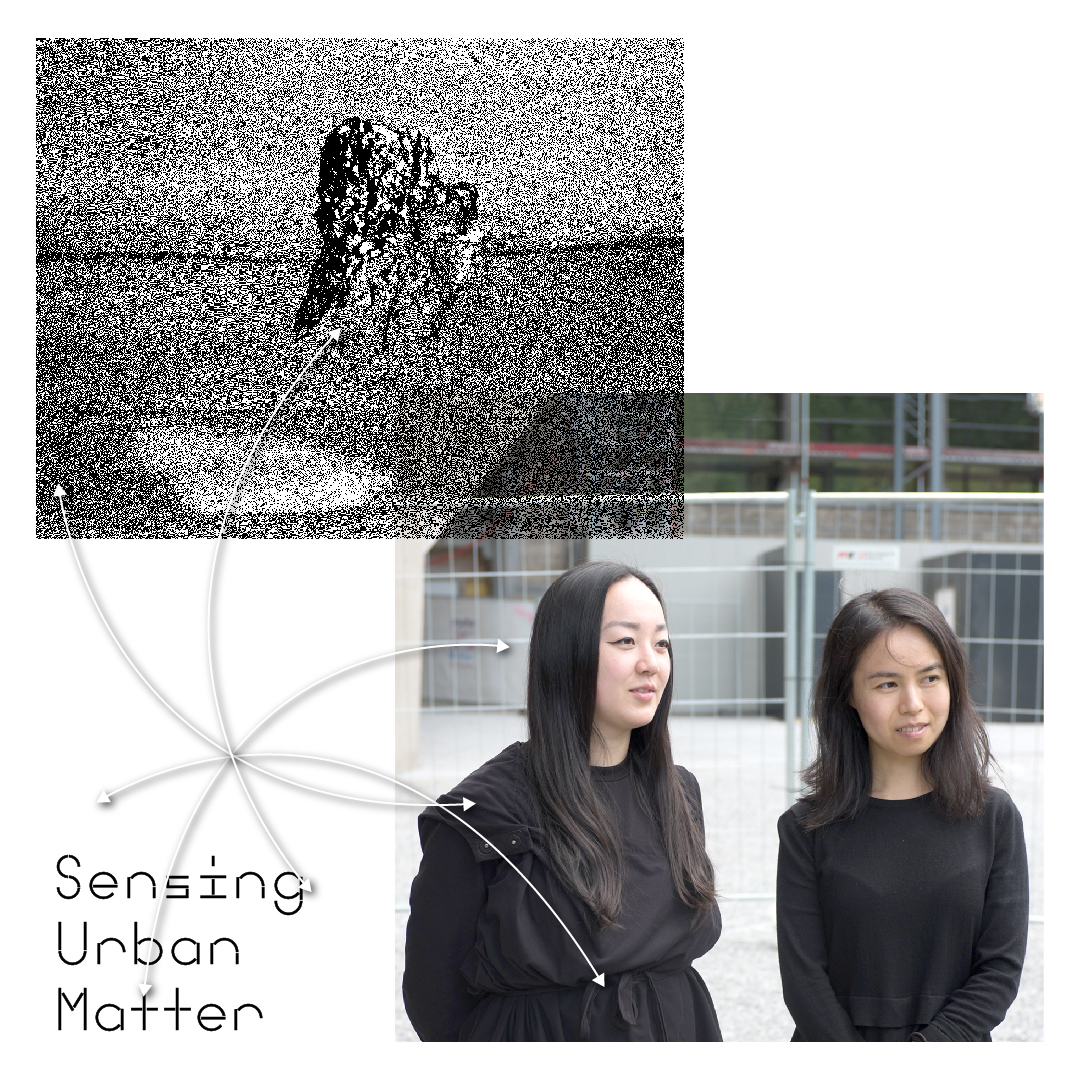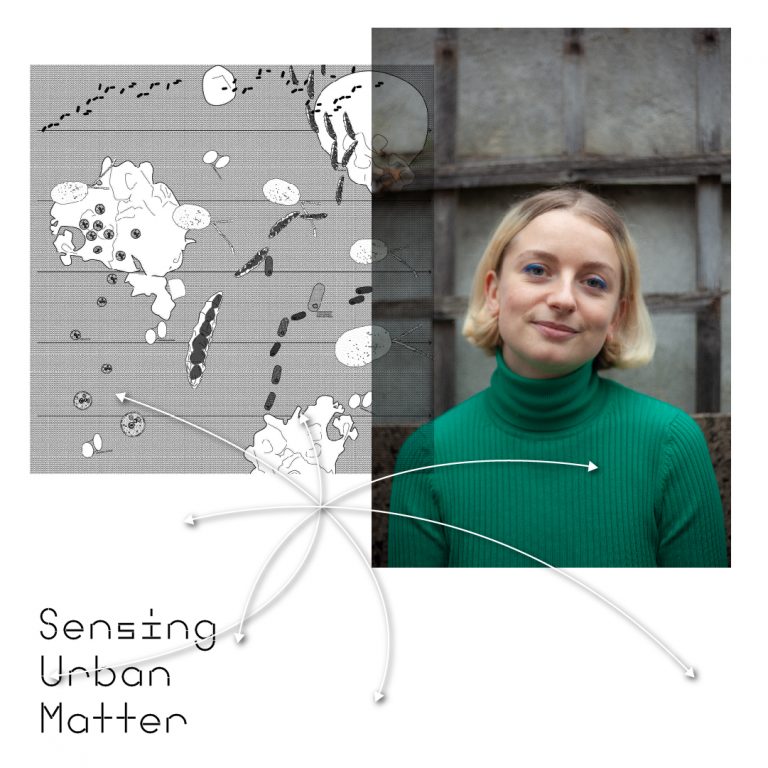
Sutikimas dėl naujienlaiškių siuntimo
Mes, Viešoji įstaiga „Architektūros fondas“, juridinio asmens kodas 126391219, el. pašto adresas labas@archfondas.lt, norime viešinti savo veiklą siųsdami Jums savo naujienlaiškius. Dėl to, mums reikia rinkti, naudoti ir saugoti informaciją apie Jus, kaip tai apibūdinta šioje sutikimo formoje. Mes norėtume paprašyti Jūsų sutikimo tai daryti. Jei duosite mums sutikimą siųsti jums naujienlaiškius, Jūsų asmens duomenys bus renkami, naudojami ir saugomi šio sutikimo pagrindu (BDAR 6 str. 1 d. a p.).
Kad šie tikslai būtų įgyvendinti, Jūsų duomenimis galime dalintis su išorės paslaugų teikėjais, teikiančiais mums naujienlaiškių siuntimo bei duomenų saugyklų paslaugas. Šie paslaugų teikėjai yra prisiėmę įsipareigojimus dėl gaunamų asmens duomenų neatskleidimo. Jūsų informacija nesidaliname su subjektais, esančiais už EEE (Europos ekonominę erdvę sudaro visos ES valstybės narės bei Norvegija, Islandija ir Lichtenšteinas) ribų.
Jūsų duomenys bus tvarkomi iki sutikimo atšaukimo, tačiau ne ilgiau nei 5 metus. Prieš šio termino pabaigą galime Jūsų paklausti ar norite atnaujinti šį sutikimą papildomam penkių metų laikotarpiui. Toks sutikimo pratęsimas neatims iš Jūsų teisės bet kuriuo metu atšaukti duotą sutikimą, kaip tai nurodyta žemiau.
Tuo atveju jei duosite sutikimą mums rinkti, naudoti bei saugoti duomenis apie Jus aukščiau nurodytais tikslais, šį sutikimą galėsite bet kuriuo metu atšaukti susisiekdami su mumis žemiau nurodytais kontaktais ar paspausdami tam skirtą nuorodą bet kuriame mūsų naujienlaiškyje. Jūs taip pat turite šias teises, susijusias su Jūsų asmens duomenų apsauga:
- pateikti prašymą susipažinti su turima informacija apie Jus, jei tvarkome Jūsų asmens duomenis, iš kurių galime nustatyti Jūsų tapatybę;
- pateikti prašymą ištaisyti ar papildyti turimą informaciją apie Jus;
- pateikti prašymą ištrinti neteisėtai turimą informaciją apie Jus;
- pateikti mums prašymą apriboti apie Jus turimos informacijos tvarkymą kai ginčijate duomenų tikslumą ar prieštaraujate duomenų tvarkymui, nesutinkate, kad būtų ištrinti neteisėtai tvarkomi Jūsų duomenys, ar duomenų Jums reikia, siekiant pareikšti, vykdyti arba apginti teisinius reikalavimus;
- ginčyti Jūsų informacijos rinkimą, naudojimą ir saugojimą, kai tvarkydami Jūsų duomenis vadovaujamės teisėtų interesu kaip duomenų tvarkymo pagrindu;
- pateikti prašymą išeksportuoti Jūsų duomenis jei duomenis mums pateikėte susistemintu, įprastai naudojamu formatu ir davėte sutikimą tokių duomenų tvarkymui arba turime tvarkyti šiuos duomenis siekdami įvykdyti sutartį su Jumis;
- pateikti skundą Valstybinei duomenų apsaugos inspekcijai (daugiau informacijos vdai.lrv.lt).
Pažymime, kad šių teisių įgyvendinimui gali būti taikomos teisės aktų numatytos sąlygos ir/ar išimtys. Jeigu Jūs turite klausimų ar kuri nors iš šio sutikimo dalių Jums atrodo neaiški, mes esame pasirengę Jums padėti. Su mumis galite susisiekti el. paštu duomenuapsauga@archfondas.lt. Jei neturite pastabų dėl informacijos esančios šioje sutikimo formoje, prašome užpildyti žemiau esančią sutikimo formą. Spausdami mygtuką „Sutinku“, jūs patvirtinate, kad perskaitėte ir supratote šį pranešimą bei savanoriškai sutinkate, kad viešoji įstaiga „Architektūros fondas“ siųstų jums savo naujienlaiškius nurodytu adresu.





